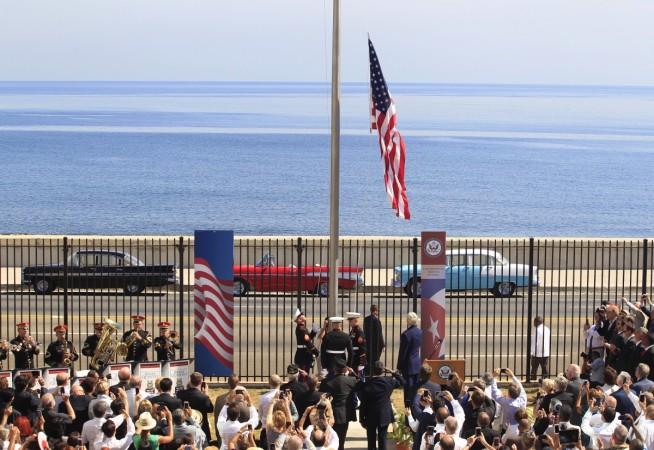Thousands of Cubans have taken to the streets to protest against the country's economic crisis, which has only gotten worse with the COVID-19 induced pandemic. In addition to flocking the streets in protest against the government, social media is abuzz with issues faced by the locals - ranging from scarcity of vaccines, medicines, electricity and grocery in government-run stores. Over the weekend, #SOSCuba was among the top trends, but it looks like the local Cuban voices are being silenced on social media platforms due to newly-imposed restriction.
According to network data from NetBlocks, there's partial disruption to social media platforms like Facebook and Instagram and messaging apps like WhatsApp and Telegram in Cuba from July 12. Reports suggest the restriction is primarily to restrict flow of information outside the island.

In addition, mobile internet, which was introduced in the island as recent as 2018, was largely cut off on Sunday afternoon. NetBlocks data showed access to social media and messaging platforms was restricted on state-run internet provider ETECSA on Monday.
However, VPN services remain effective to counter the restriction for many users, but the workaround is not readily accessible by the masses.
Protests in Cuba
The ongoing protests in Cuba are touted to be the biggest anti-government demonstration in decades. From Havana to Santiago, people are demanding President Miguel Diaz-Canel to step down. Reacting to the protests, Cuban president shifted blame on the United States and claimed the social media campaign were run by a "Cuban-American mafia."

"There is a group of people ... hired by the US government, paid directly through US government agencies to organise this kind of demonstrations," Diaz-Canel was quoted as saying.
Thousands of Cubans are angry at various things in Cuba, including the sluggish rollout of vaccines, frequent power outages, long queue at government-run grocery outlets, refusal to accept local currency and demanding foreign currency, loss of jobs and diminished tourism and hospitality sectors.
"This is no longer a question of freedom of expression; it's a question of hunger," said Adonis Milán to the New York Times. "People are hitting the street. They are asking for an end to this government, to one-party rule, to repression and the misery we have lived through for 60 years."









![Budget 2026-27 aimed at empowering poor and increasing farmers' income: PM Modi [Watch]](https://data1.ibtimes.co.in/en/full/827940/budget-2026-27-aimed-empowering-poor-increasing-farmers-income-pm-modi-watch.jpg?w=220&h=138)






